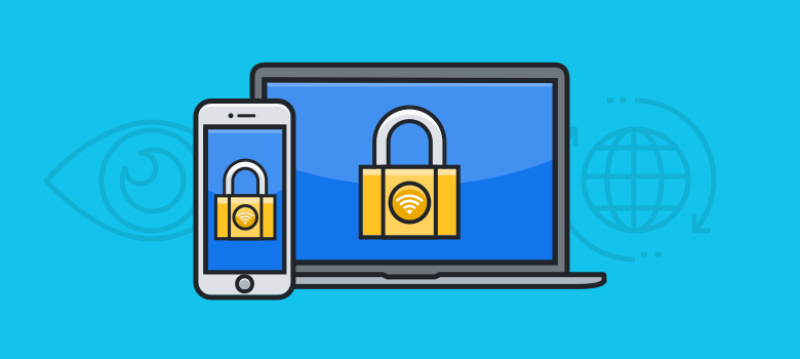
Product
Congress Votes to Block Privacy Rules for ISPs: How To Protect Your Internet Data and Personal Information
Updated – March 28, 2017: The House of Representatives also voted to block the FCC privacy regulations, and the bill will now move on to the President for signature.
Original Post: Last week, the Senate voted to block FCC regulations that would have prohibited broadband providers (ISPs) from sharing and selling customer data without permission. The rules would have required consumers to explicitly opt-in before their personal information (such as browsing history or geolocation) could be shared with or sold to third parties.
The bill (H.J. Res 86) moves to the House as early as tomorrow. If the FCC rules are blocked, there will be concerning implications for consumers whom will remain subject to invasive privacy violations conducted by their ISPs. Below we look at what information is a risk, and why a VPN is the best tool to protect yourself and your data.
What Information is At Risk?
Without stronger privacy rules governing ISPs and broadband providers, consumers’ personal information will continue to be shared and sold to third parties without their knowledge or consent. Most providers opt consumers in to these practices by default, compromising privacy each time they connect.
ISPs can see and share the following information with third parties:
- Browsing history – sites you visit, terms you search for
- Geolocation – where you are, based upon your IP address
- Financial information
- Passwords
- Cookies
- Login information
- Much more
Not only can your ISP view this information, they can also sell it to advertisers and others for profit. This leaves consumers with little control over their personal information. Even worse, because of the process used to dial back the FCC rules (called the Congressional Review Act), if they are voted down the FCC will be unable to enact similar protections down the line (more on this to come in a follow-up post this week).
What Can You Do to Protect Yourself?
There are things you can do to protect yourself and your privacy, and to prohibit your ISP from viewing and selling your personal information. The best thing you can do is use a VPN every time you connect. A VPN encrypts your Internet connection preventing anyone – including your ISP – from viewing your online activity or personal details. VyprVPN is an effective tool to protect your privacy and will prohibit your ISP from viewing browsing history, location and other personal details. If they cannot view your information they cannot sell it, so a VPN is a great way to protect your privacy online.
Prevent your personal information online – get VyprVPN now.
What Else Can You Do?
- Visit our blog later this week to learn more about the situation, and what implications it has for both ISPs and consumers – we’re working on another in-depth piece which will be posted soon!
- Tell President Trump to protect Internet privacy and Veto S.J. Res. 34 – Contact Now

